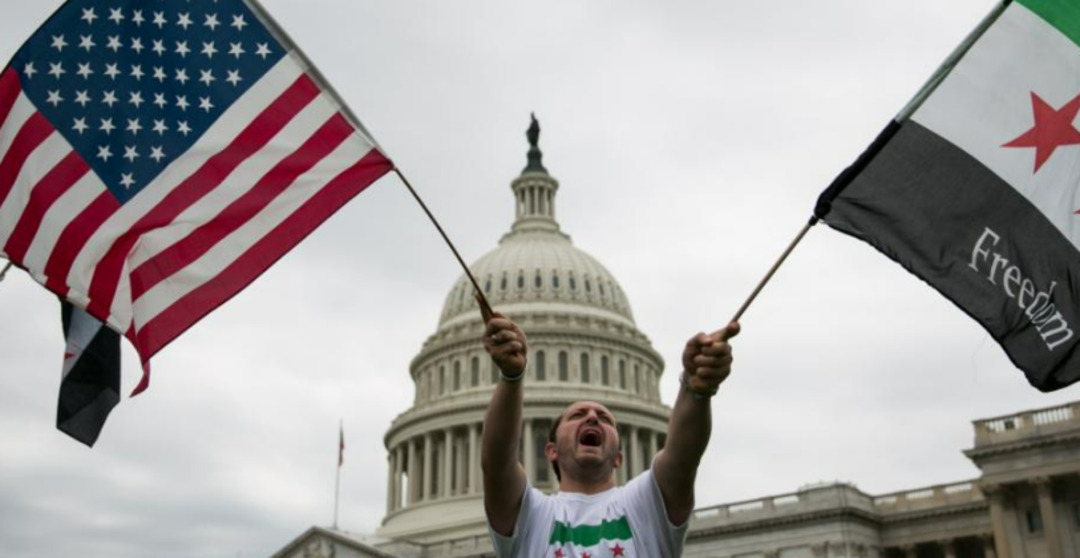-
Washington proposes a plan to rebuild Syria in exchange for domestic policy concessions

An Emirati newspaper, published in English, revealed that the United States is working to offer incentives to the Syrian President Bashar Assad's regime, aiming to encourage it to reduce conflicts with minority groups. This move is part of efforts to stabilize the country. The initiative was discussed during a meeting held in Amman, which included representatives from Jordan, Assad’s government, and American officials.
In a report published by The National, it was explained that the sectarian violence that erupted last month in southern Syria between pro-regime forces and factions representing the “Druze minority” threatened to dismantle the emerging alliance with Washington—an alliance that had brought Syria closer to the West in an unprecedented way since its establishment.
The report was titled: "U.S. Offers Incentives to Syria to Cease Fighting Minorities," indicating that Washington is proposing the formation of a "Friends of Syria" coalition to support efforts for recovery and reconstruction, according to sources cited by The National.
Sources close to the Syrian issue from Jordan stated that the US offered Damascus the formation of an international coalition known as the "Friends of Syria" in exchange for internal policy concessions, particularly regarding forming a comprehensive government and security forces.
The sources stated that the Amman meeting, held yesterday (Tuesday), was attended by US Special Envoy Thomas Barrack and Syrian Foreign Minister Asaad Shibani, and the two sides agreed to establish a working group to ensure stability in southern Syria.
An Emirati source confirmed that Washington desires a unified Syrian government and security forces, away from a security apparatus dominated by a Sunni faction with only a small percentage of non-Sunnis holding senior positions. The American idea includes creating a group of countries called the “Friends of Syria” to support Damascus in changing its course—one of the goals being to curb the influence of quasi-military groups and to appoint technocrats in the government instead of military and political leaders lacking expertise.
You May Also Like
Popular Posts
Caricature
opinion
Report
ads
Newsletter
Subscribe to our mailing list to get the new updates!






















